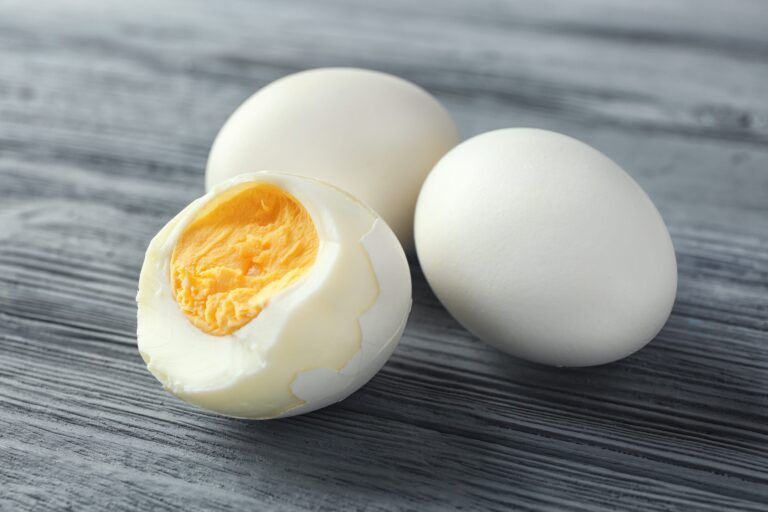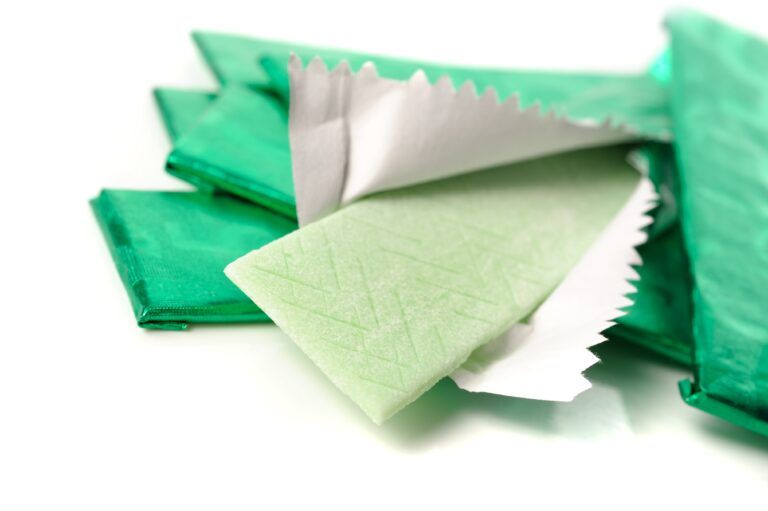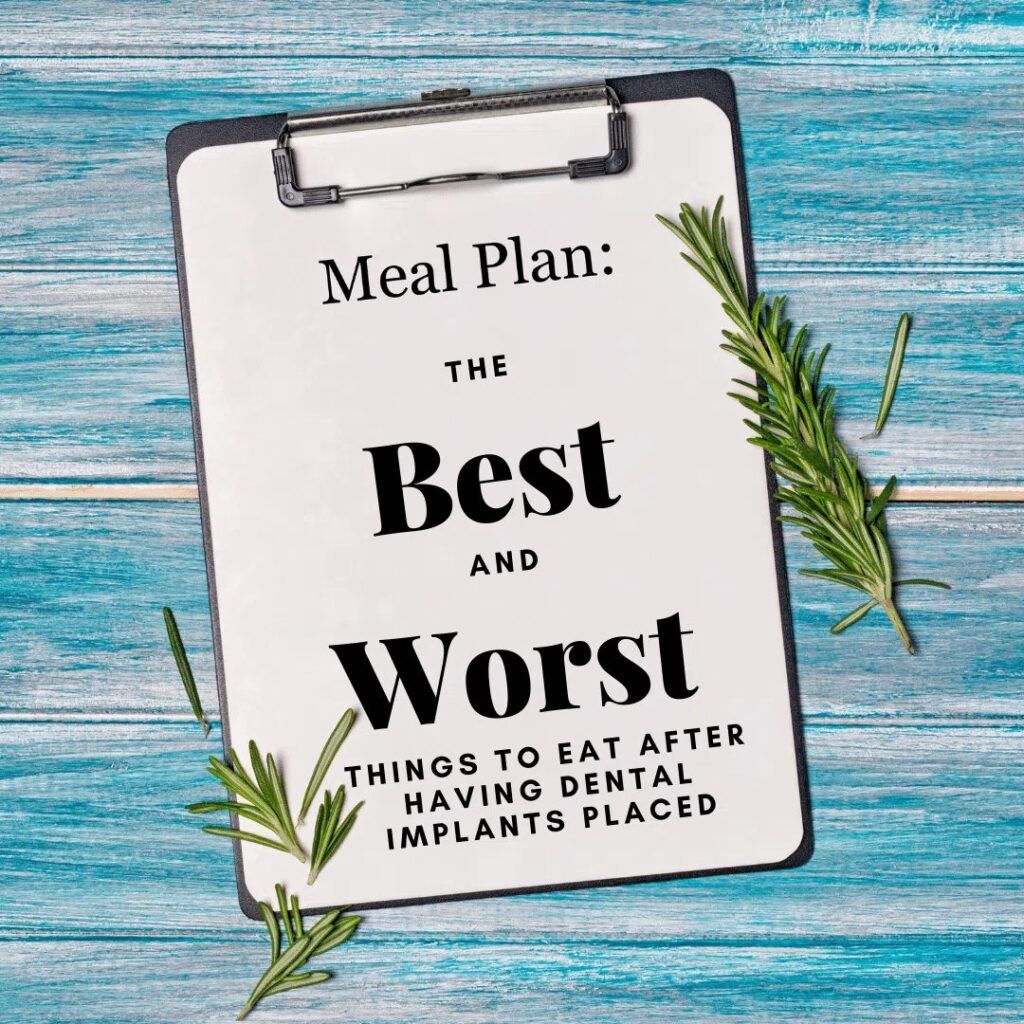If you are about to undergo dental implant surgery, then you want to make sure that you know what to eat and what not to eat afterwards. Dental implants are a popular choice for people who are missing one or more teeth. They are placed in the jawbone and act as a replacement for the natural tooth. The recovery process is important, and your diet plays a big role in it. In this blog post, we will explain everything you need to know about eating after dental implant surgery!
What are Dental Implants?
Dental implants are titanium posts that are surgically placed into the jawbone to act as a replacement for your natural teeth. The surgery is usually performed under local anesthesia, and you will be able to go home the same day.
When you have dental implant surgery, the dentist will make a small incision in your gums and use a drill to shape the empty socket where the tooth came out. Then they will put the implant in by screwing it into the jawbone. In some cases, a bone graft may also be performed to add bone material around the implant. Then they stitch your gums up and you have a new tooth!
While the surgery itself is rather quick, it is the recovery period that can take awhile. However, it is extremely important not to rush your recovery, since this can compromise the results. After having dental implants placed, it is important to follow a strict oral hygiene routine at home and attend all scheduled appointments with your dentist. It typically takes about two weeks for the incision to heal, however it can take about 3-6 months for the implant to completely heal.
The reason why it takes so long for dental implants to heal is because they need to go through a process called osseointegration. Osseointegration is when the implant fuses with the bone and becomes a part of it. This is essential for dental implants to be successful, as it helps to keep them in place and prevents them from being rejected by the body. In order for osseointegration to take place, the implant must remain in the proper position.
To Eat or Not to Eat: The Best and Worst Things to Eat
Now that we know a little bit more about dental implants and the recovery process, let’s talk about what you should eat! The recovery process is important, and your diet plays a big role in it. While recovering from dental implant surgery, there are foods that are recommended, as well as foods that you will need to avoid. Remember, these diet modifications are temporary and you will be able to resume your normal diet once your implants have fused in placed.
The best things to eat after dental implant surgery include:
Soft fruits and vegetables:
Think cooked or canned fruits and veggies, like applesauce, mashed potatoes, and carrots. Even fresh fruits such as bananas, peaches, nectarines, melons, and berries are good options, as long as they are cut into small pieces. Fresh veggies are also good, however they will need to be cooked or steamed in order to make them soft enough to eat. The advantage of fruits and vegetables is that they offer a variety of nutrients to help your body recover.
Protein:

Chicken, fish, tofu, eggs, beans, cheese, and yogurt are all great options. Just make sure any meats are cooked well so that they are easy to chew. Be sure to start with softer protein sources first, and then gradually work your way up to things like chicken and red meat. You can also put meat into soups to make it softer and easier to chew.
Oatmeal and other whole grains:
Oatmeal, quinoa, and brown rice are all great choices. Grains and starches are filling, and whole grains provide essential nutrients.
Soups:
Broth-based soups are easy on the stomach and can help you stay hydrated. Just make sure they aren’t too salty. You will also want to avoid soups for the first few days, since their temperature may increase bleeding and/or cause irritation around the incisions.
Smoothies:
Smoothies are another great way to get in some nutrients if you are having trouble chewing. Just make sure to avoid any fruits with seeds or pits, like strawberries. You don’t want to accidentally get a seed stuck around the surgical site since this can cause an infection.
There are also some foods that you will need to avoid after dental implant surgery:
NO Hard fruits and vegetables:
Raw veggies, like celery and apples, and hard fruits, like pears, should be avoided since chewing them can cause your implant to shift. Instead, stick to canned fruits or cooked vegetables.
NO Chips and pretzels:
These are too hard on the teeth and can damage the implants. They can also cause pain while eating and can leave behind fragments of debris that can damage healing gum tissue.
NO Popcorn:

The kernels can get stuck in the implant site and cause infection. Additionally, biting down on a popcorn kernel can cause the implant to shift or worse. Therefore, it’s best to avoid popcorn until it is okayed by your dentist.
NO Chewing gum:
Chewing gum, or any excessively chewy food for that matter, can put too much pressure on the implants and cause them to move out of place. Anything that requires excessive chewing should be avoided until after your implant heals.
NO Sticky sweets:
Caramels, gummies, and taffy can all pull on the implants and cause them to become loose or to shift in place. Not to mention that sticky sweets can easily get stuck on the surface of your teeth, which can increase the risk of decay and gum disease.
In Conclusion
Making the switch to a soft food diet may not be the most exciting thing in the world, but it is important for your recovery. These foods will help your implants heal properly so that you can get back to your normal diet as soon as possible.
So there you have it! Now you know a little bit more about dental implants and the best things to eat after having them placed. Be sure to follow your dentist’s instructions and take care of your new implants, so that you can enjoy them for years to come. Thanks for reading!

